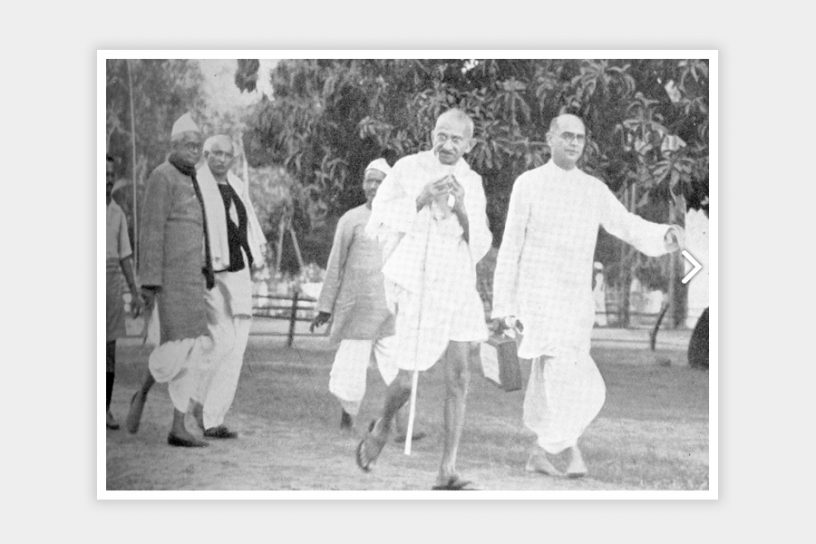
This paper shows how and why the Gandhian idea of satyagraha needs to be resuscitated as a political concept.
Author
R. Krishnaswamy, Associate Professor, Jindal School of Liberal Arts & Humanities, O.P. Jindal Global University, Sonipat, Haryana, India.
Summary
In this article, I am engaged in the activity of describing what I think are certain modern political problems whose solution, according to me, requires the infusion of certain Gandhian ideas. My method is different from the interpretive method which when engaging with the ideas of a thinker of the past thinks its job is merely to describe the historical and political context in which those ideas found their expression.
My method is also different from another technique which lifts different ideas from the past and ‘applies’ them to modern problem sets. My approach, to be specific, will be one of introducing Gandhi’s political idea of satyagraha, and its attendant concepts into a different discursive tradition – a tradition that gets its mileage from critiquing liberalism and situating itself as a ‘pragmatic’ solution to the impasse created by modern political framework.
I will also be injecting the modern Western critique with my understanding of Greek and Stoic ideas of askesis (and its Foucauldian inflections) and how self-generation and embodied existence are mutually imbricated at the conceptual level. The rest of the paper is an attempt to show how and why the Gandhian idea of satyagraha needs to be resuscitated as a political concept.
Published in: Liberalism and its Encounters in India: Some Interdisciplinary Approaches, Pages 58 – 73, Routledge India.
To read the full chapter, please click here.


